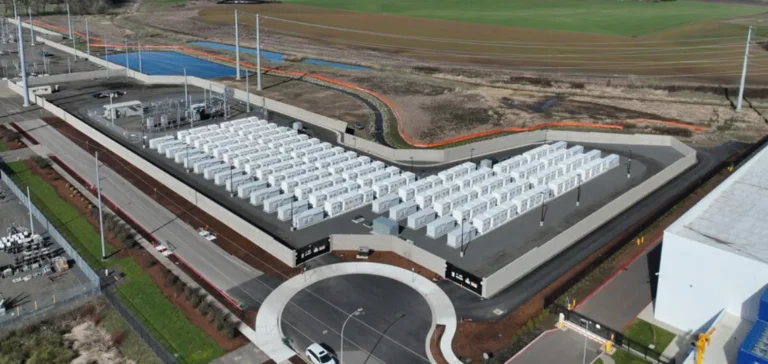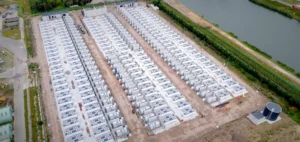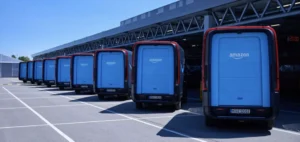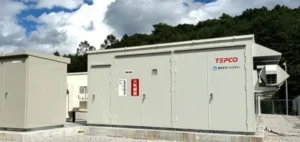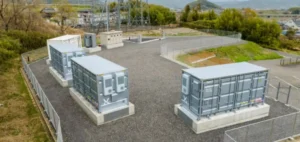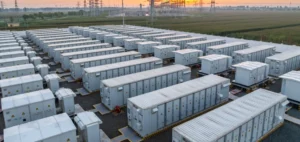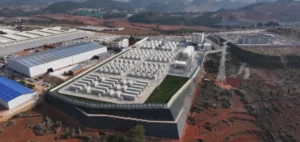Portland General Electric (PGE) has announced the commissioning of three industrial-scale battery energy storage facilities, for a combined power output of 475 megawatts (MW) and a capacity exceeding 1.9 gigawatt-hours (GWh). This development, focused on the strategic substations in North Portland, Troutdale and Hillsboro, aims to efficiently meet increasing network needs, particularly during consumption peaks or unexpected events that could disrupt electricity supply.
Targeted investments to strengthen the grid
The new equipment can power nearly 300,000 households for four hours during periods of grid tension. The integration of these batteries into Portland General Electric’s system facilitates better alignment between electricity production and consumption, while limiting dependence on expensive spot purchases on the wholesale market. The investments made thus enable improved demand management and contribute to price stability for the local customer base.
The project includes three major sites: Seaside (200 MW), owned by Portland General Electric and built in partnership with Eolian, L.P.; Sundial (200 MW), developed by Eolian, L.P. and operated by NextEra Energy Resources under a twenty-year capacity agreement; and Constable (75 MW), built in Hillsboro by Mortenson for Portland General Electric. Each installation is part of an approach focused on industrial cooperation and optimisation of investments.
Partnership models and asset diversification
These projects emerged from the 2021 tendering process led by Portland General Electric, which aimed to increase flexibility and resilience of the electricity grid. The use of construction transfer agreements, ownership transfers and long-term operating contracts reflects a diversification of investment models to support the transition of regional energy infrastructure.
Portland General Electric’s total battery storage capacity now reaches 492 MW, including the 17 MW Coffee Creek site, commissioned near Wilsonville in 2024. The managers of these operations highlight the importance of positioning storage systems directly on the main substations to best leverage existing transmission infrastructure and limit development costs.
Investments made by Portland General Electric and its industrial partners are designed to accompany urban growth and control operational costs for economic and residential stakeholders in the region.


